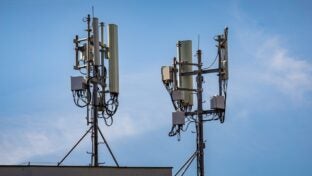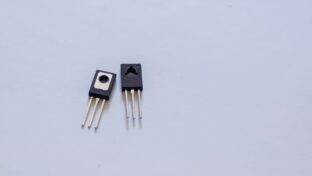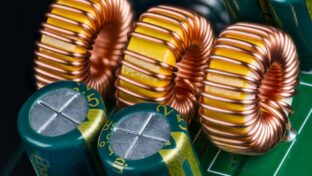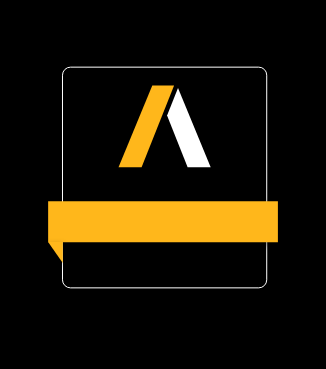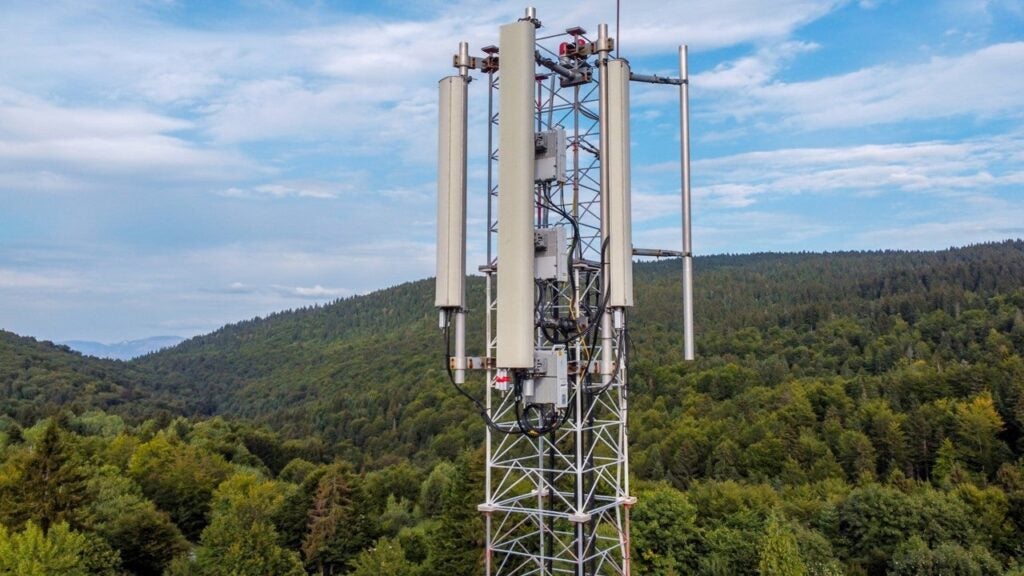
This course covers the fundamentals of RF Transceiver Design, focusing on the architecture of transceivers and the key considerations in their design. It provides a comprehensive understanding of noise, linearity, amplification, variable gain, down conversion, and filtering. The course delves into the architecture of transceivers, discussing both conventional and modern designs used in current RF systems. For instance, it uses the example of a weak signal being amplified and reconstructed, and discusses the challenges of implementing variable gain amplifiers at RF frequencies. The course also explores different receiver architectures such as Hine, Rodent, and Direct Conversion receivers. It further discusses the issues of LO leakage, DC offset, even order distortion, flicker noise, IQ mismatch, and mixing spurs in direct conversion receivers. The course concludes with an introduction to transmitter architecture, highlighting the importance of up-conversion and the role of power amplifiers. This course has been developed by Prof. Darshak Bhatt from IIT Roorkee for NPTEL. It is now accessible through Ansys Innovation Space courtesy of the partnership between Ansys and NPTEL, under the CC BY-SA license. For more details, visit https://nptel.ac.in/courses/108107379.
-
Cost: FREE
- Course Duration: 4-6 HOURS
- Skill Level: Intermediate
- Skills Gained: Architecture of transceivers, conventional and modern designs used in current RF systems, different receiver architectures
No reviews available for this learning resource.

